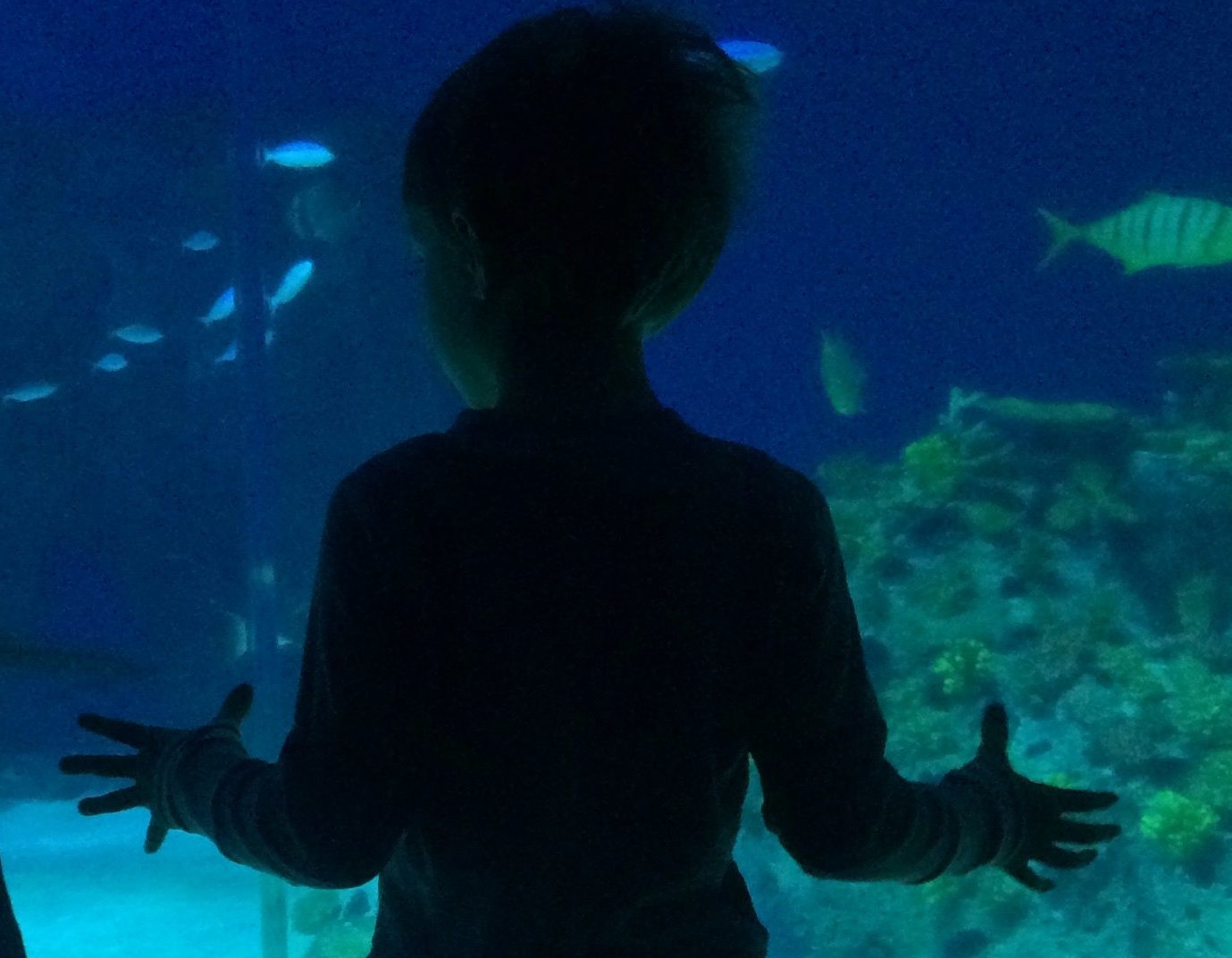For human civilization to survive and thrive into the coming centuries and millennia, it must become ecological: it must work with and within, not against and at the expense of, Earth’s living systems and communities. This will require a radical refashioning of how we live.
To date, “ecological civilization” is a nebulous term proposed as a developmental goal by (among others) the Chinese Communist state, and pursued by a coterie of ecologists, economists, social scientists, and activist intellectuals around the world, but without much public uptake, let alone tangible evidence of wide-scale application. Ecology itself is, at heart, a natural science, but any transition to an ecological society is only technically a matter for scientists. The real challenge is not scientific, but cultural, and addressing it will require imagination, creativity, and the retraining of desire -- the kinds of things best engaged by artists, media makers, and other “cultural creatives.” And to be successful, this challenge must be addressed inclusively and democratically, taking into account the different cultural perspectives, experiences, and histories of those who live in any given place.
EcoCultureLab is devoted to new forms of conversation and collaboration between artists, humanists, scientists, designers, policy makers, and engaged citizens, including those who maintain longstanding Indigenous traditions of ecological practice. It aims to contribute to a widescale public revisioning of how we live and how we could live – and to developing ways of life that are ecologically viable, aesthetically and spiritually inspiring, and socially and ethically just. It sees the future as an open-ended process of developing “common worlds” that are inclusive of our differences while respecting the parameters of place (community, region, ecosystem) and time (local history, the urgency posed by eco-crisis events).
* * * * * * * *
EcoCultureLab asks questions and envisions creative paths forward – to a world in which humans live in sustainable collaboration with the living worlds around us. It starts where we are and recognizes that changes are happening, and that some kinds of change are vastly preferable to others. It helps us identify better ways of moving forward, and mobilizes communities in taking them on.
EcoCultureLab asks: What would it mean for culture to be sustainable and ecological, here in this place? (This means asking: what is culture? what is sustainable? what is ecological? what is this place?) And crucially, what will it take to get us there?
If you agree that these questions are important for people and communities to take up, and if you want to institute ways to bring them to your city or locale, you can start an EcoCultureLab. Watch this space for tips on EcoCultureLabmaking.
* * * * * * * *
Why “Culture for the Ecozoic”? As defined by theologian, “geologian,” and cultural historian Thomas Berry, the Ecozoic era is an era to come in which life systems including human systems find an optimum functionality in their “mutually enhancing relations.” The idea is provocative, but EcoCultureLab is open to all conceptual experimentation for rethinking how we humans get along with each other and with the more-than-human world. “Culture for the Ecozoic” suggests that we are engaged in the generation of cultural forms and habits that would move us collectively toward better relations all around: among ourselves and with others.


